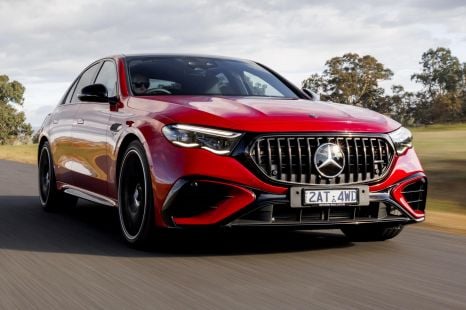

Max Davies
6 Days Ago
A perfect storm of semiconductor and COVID-related production shortfalls and a spike in buyer demand is giving the market leader colossal supply headaches.

Senior Contributor
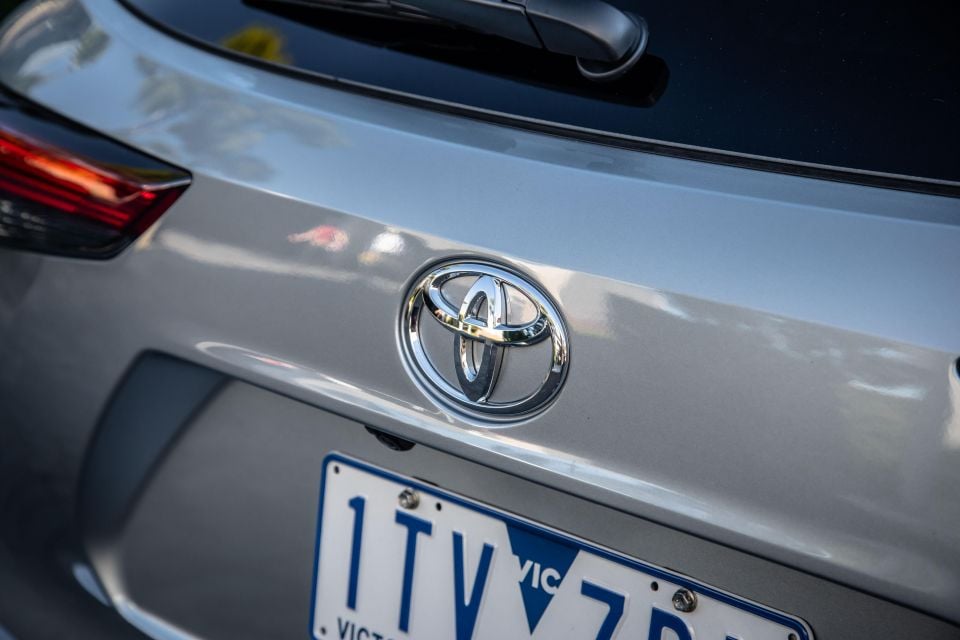

Senior Contributor
Toyota Australia management has apologised to customers for the long wait lists plaguing most of its cars, but insists it is giving its dealers as much clarity as the situation allows.
The global semiconductor or chip shortage is biting into the market leader’s supply lines, while other issues such as COVID outbreaks across Southeast Asia have devastated supply of key components such as wiring harnesses.
The company today acknowledged most of its vehicles are expected to suffer short supply for the immediate future – which it says can only be countered by keeping those with outstanding orders as briefed as possible.
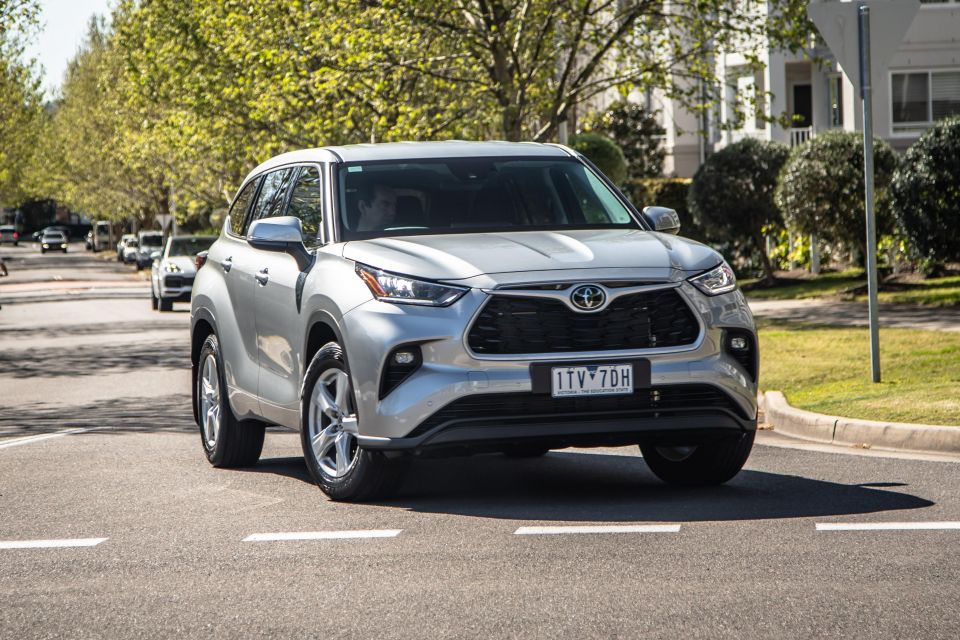
The company admits three-quarters of its models have average wait lists of up to six months, while big-volume models such as the LandCruiser 70 and RAV4 Hybrid have average wait times across the dealer network of 9-10 months.
On a side note, we can’t imagine the LandCruiser 70 has all that many computer chips…
Reflecting the perfect storm Toyota Australia finds itself in, it says buyer demand is at the highest point it has been since its 2008 sales record.
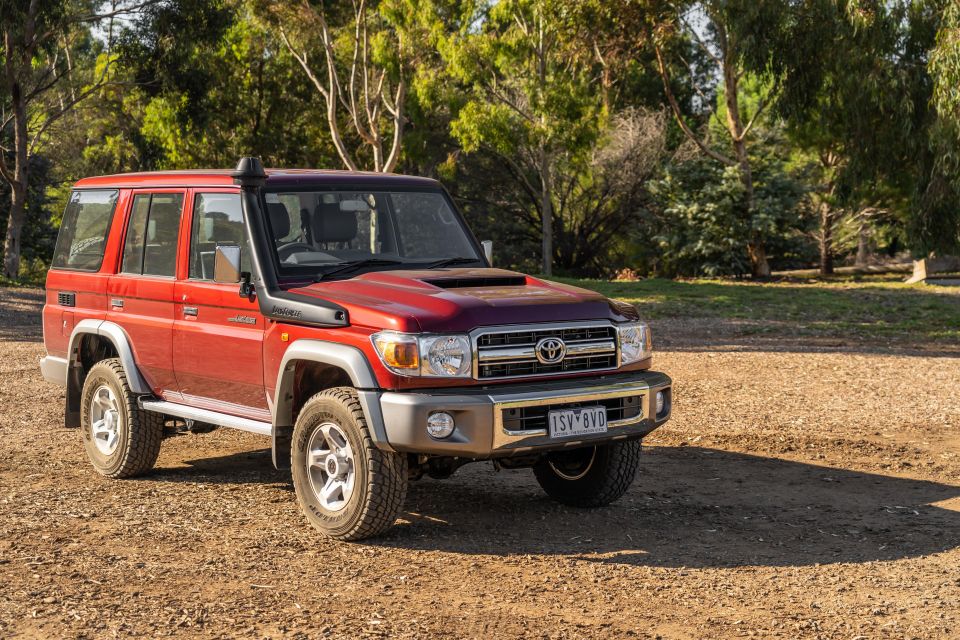
Preliminary data shows Toyota sold more than 20,000 vehicles in September for an all-time monthly record, and its subsequent circa 176,000-unit year-to-date sales tally is its highest since the record-breaking year of 2008.
It expects to sell 220,000 cars this year, up from about 205,000 last year. When we asked Toyota what could have been if supply permitted, it simply said “it’s a bit ambiguous to think what could have happened”.
“We simply haven’t been able to get enough vehicles to meet demand. In recent times, this has been exacerbated by issues affecting the auto industry around the world,” said Toyota Australia vice-president Sean Hanley today.
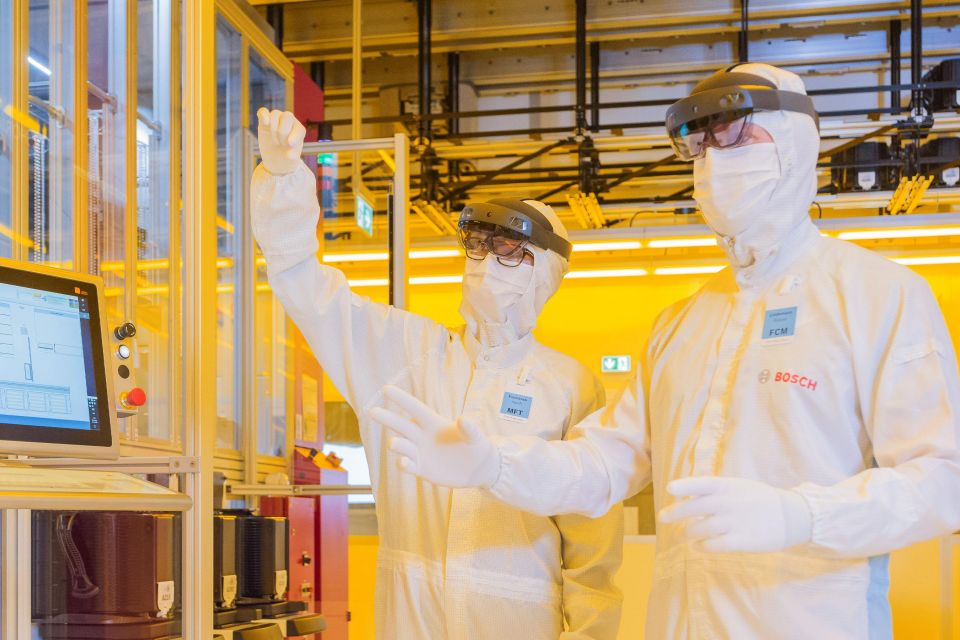
Research by consultancy firm AlixPartners recently reported the chip crunch is expected to cost automakers nearly $300 billion in lost revenue around the world this year, and cut production by nearly 8 million units.
Moroever, industry research firm IHS Markit doesn’t expect supply to get to where it needs to be to meet demand until 2023.
Mr Hanley claimed Toyota’s access to semiconductors “has been better than most in our industry” having taken lessons from the 2011 earthquake and tsunami in Japan that severely impacted supply chains.
MORE: Staggering impact of semiconductor shortage on car industry MORE: Toyota Australia wants to sell 25,000 ‘certified’ used cars per year
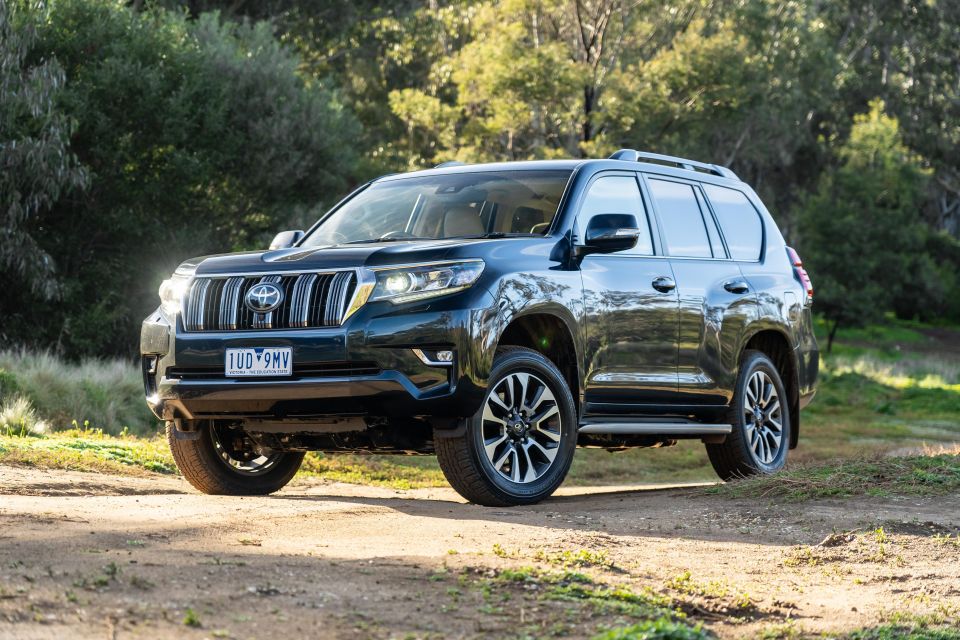
“When chip shortages looked likely in 2019, Toyota deviated from the famous ‘just in time’ sourcing to give semiconductor manufacturers more demand certainty. This enabled us to secure inventory for semiconductors months in advance,” he said.
“Of course, everyone was hoping the chip shortage would have been resolved by now. Unfortunately, the pandemic is constantly evolving and subsequent events such as the rise of the Delta variant and the COVID outbreaks in Southeast Asia have had their impact.
“The pandemic has also held up production of vital components, such as wiring harnesses. As a result, Toyota has announced reductions to production in Japan for September and October.
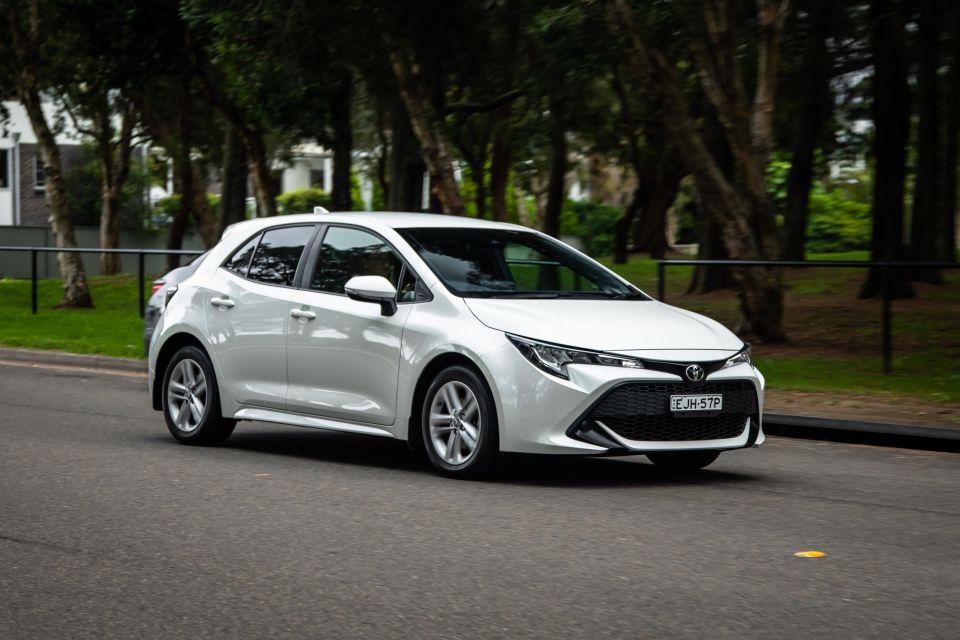
“We’re being upfront about all of this because we value the trust we have built with our customers. And the best way to maintain that trust is to tell the truth.
“Let me assure you and our customers that Toyota is not standing still. At the global level TMC is working to prioritise production of high demand models, where possible it is transferring production to other regions.
“Early this year, we established a cross-divisional internal team to provide oversight and ensure maximum flexibility. This involves representatives of sales, marketing, regional staff, dealer communications, parts, and accessories, supply, liaison, Toyota finance and our customer team.
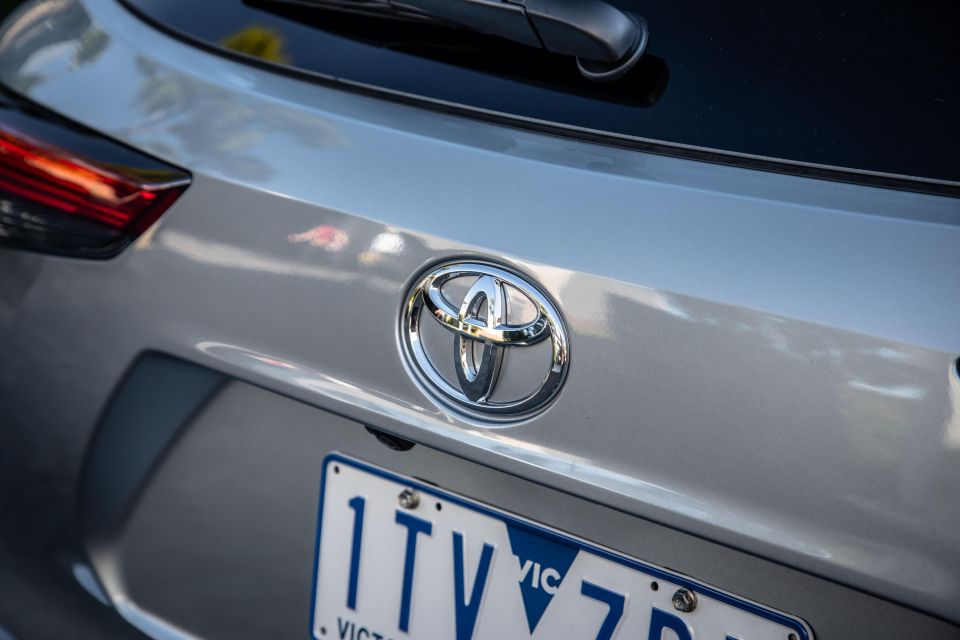
“We are taking absolutely every avenue to explain the situation to everyone waiting for delivery of a Toyota. That’s what we’re doing today.
“Toyota understands your frustration and sincerely apologises for these delays. I want to thank you for your patience and to assure you, we are doing everything we can to get you behind the wheel of your new Toyota, just as soon as possible.”
MORE: Staggering impact of semiconductor shortage on car industry MORE: Toyota Australia wants to sell 25,000 ‘certified’ used cars per year
Take advantage of Australia's BIGGEST new car website to find a great deal on a Toyota.


Max Davies
6 Days Ago


James Wong
5 Days Ago
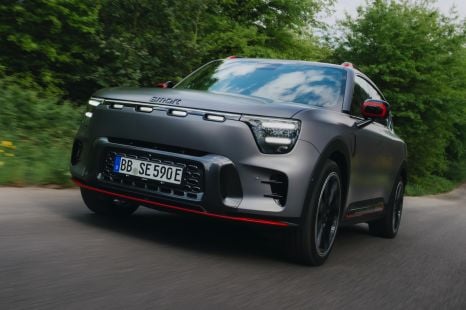

James Fossdyke
4 Days Ago


Gautam Sharma
3 Days Ago
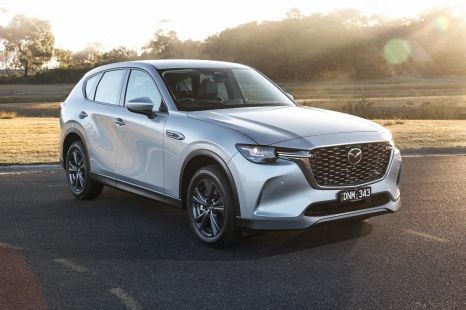

Josh Nevett
2 Days Ago
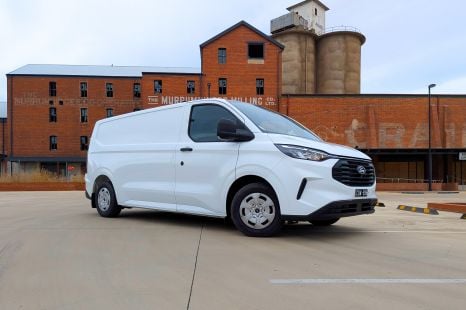

William Stopford
1 Day Ago